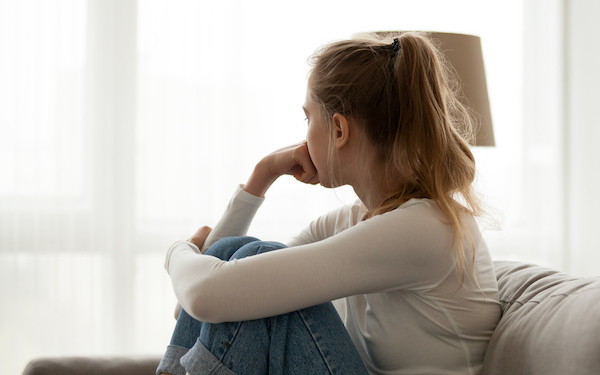
The High Court has granted a judicial review of incoming legal changes that will ban the use of unregulated placements for children in care aged under 16.
Children’s rights charity Article 39, which has brought the legal challenge, is one of a number of organisations to have argued that the controversial move leaves 16- and 17-year-olds, who account for most unregulated placements, exposed to harm.
The charity argues that the changes to secondary legislation, introduced by the education secretary Gavin Williamson and due to come into force on 9 September, discriminate against these older teenagers “who similarly need care, protection and guidance where they live”.
Under the government’s plans, currently unregulated settings in which children aged 16 and 17 are accommodated would be subject to Ofsted-backed national standards, less extensive than those governing children’s homes. Providers would not though be compelled to offer day-to-day care.
At present, many 16- and 17-year-olds are placed in settings described as ‘independent’, ‘semi-independent’ or ‘supported’ accommodation, which include hostels and shared houses. In recent years, a catalogue of shocking instances have come to light of young people being housed in inappropriate environments that have left them at risk of exploitation.
‘Exposed to abuse’ in unregulated placements
Carolyne Willow, Article 39’s director, said the charity had submitted “a huge amount of evidence to the High Court showing the very serious harms suffered by 16 and 17 year-olds in care put into substandard accommodation and exposed to abuse and exploitation”.
Willow said this included data obtained from the Department for Education (DfE) via a freedom of information request, which showed that 14 children in care who were living in semi-independent accommodation died between April 2018 and September 2020.
“The vast majority, if not all, of these children were aged 16 and 17,” Willow added. “It’s no good the government saying it plans to introduce standards for these places when ministers have decided to change the law to make 16 the age when children in care don’t have to be actually cared for.”
Ali Gunn, communications and campaigns manager at the Together Trust, which supports looked-after children and care leavers in the North West, said the charity’s research showed many school-aged children were living in unregulated placements while not in education or training.
“We have seen first-hand the detrimental impact that this has on their mental health and well-being,” she said. “This new legislation will push those children even further away from the sort of care that a loving, stable, and safe family or children’s home would give them.”
DfE proposes banning unregulated placements for children under 16
At-risk teenager forced to live on series of caravan parks due to residential care shortage
Vicki Nash, head of policy, campaigns and public affairs at mental health charity Mind, welcomed the judicial review, saying it was “right this issue will be looked at properly”.
“We know that the trauma many looked after children have gone through means they are far more likely to experience mental health problems and need additional support,” Nash said. “We do not believe it is possible to provide that support adequately in independent or semi-independent accommodation, where care isn’t available on site and where trained adults are not available round the clock.”
A DfE spokesperson said: “Every young person in care deserves to live in accommodation that meets their needs and keeps them safe.
“Independent and semi-independent provision can be the right option for some older children aged 16 or 17 where it is high quality and they are ready for this, but where a child’s needs would best be met in a children’s homes or foster care, then regardless of age this is where they should be placed,” the spokesperson added.
The spokesperson said the planned new national standards would “raise the bar” for the quality of unregulated placements.




 Bournemouth, Christchurch and Poole
Bournemouth, Christchurch and Poole  Hampshire County Council
Hampshire County Council  Lincolnshire County Council
Lincolnshire County Council  Norfolk County Council
Norfolk County Council  Northamptonshire Children’s Trust
Northamptonshire Children’s Trust  South Gloucestershire Council
South Gloucestershire Council  Wiltshire Council
Wiltshire Council  Wokingham Borough Council
Wokingham Borough Council  Children and young people with SEND are ‘valued and prioritised’ in Wiltshire, find inspectors
Children and young people with SEND are ‘valued and prioritised’ in Wiltshire, find inspectors  How specialist refugee teams benefit young people and social workers
How specialist refugee teams benefit young people and social workers  Podcast: returning to social work after becoming a first-time parent
Podcast: returning to social work after becoming a first-time parent  Podcast: would you work for an inadequate-rated service?
Podcast: would you work for an inadequate-rated service?  Family help: one local authority’s experience of the model
Family help: one local authority’s experience of the model  Workforce Insights – showcasing a selection of the sector’s top recruiters
Workforce Insights – showcasing a selection of the sector’s top recruiters 

 Facebook
Facebook X
X LinkedIn
LinkedIn Instagram
Instagram
Comments are closed.